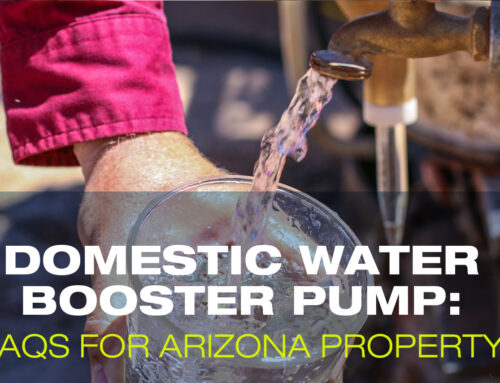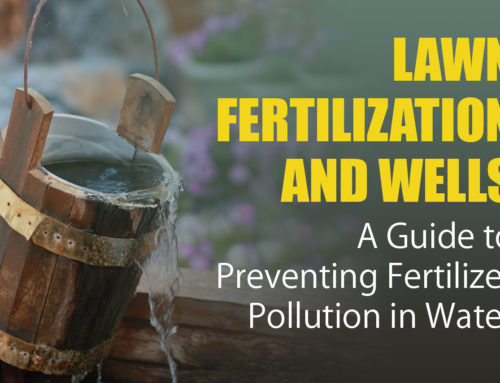 Technically speaking, well water and spring water comes from the same place; however the collection of the water well or spring water is often where the separation exists. Well water is collected after drilling a hole into the ground while spring water systems are supplied by water above ground that flows constantly via springs, creeks or rivers. Each of them offer homeowners advantages and disadvantages, so when it comes to residential well water vs spring water, the verdict will be determined by which one is best for your individual application.
Technically speaking, well water and spring water comes from the same place; however the collection of the water well or spring water is often where the separation exists. Well water is collected after drilling a hole into the ground while spring water systems are supplied by water above ground that flows constantly via springs, creeks or rivers. Each of them offer homeowners advantages and disadvantages, so when it comes to residential well water vs spring water, the verdict will be determined by which one is best for your individual application.
Let’s take a look at how each system is unique, the costs involved and how companies that offer both services keep these systems running smooth for many years.
First – How is Water Well and Spring Water Collected?
As we noted above, both water well and spring water originate from the same source; that being water that has melted from snow or rain that has fallen. A well is dug into the ground, where the water is stored in underground pockets of water. The water is pumped from a below ground pump, through a filtration system into a storage tank and then into the home for use. Spring water on the other hand, is collected by taking water from an above ground source through a similar collection method. Each system requires routine service and maintenance to be collected, but over a long period of time, the cost to service these systems is far less than the cost of ‘grid water’.
Second – What is the Cost of the Water?
Arguably the biggest benefit of spring water and well water is the reality that it’s free. However, there are costs involved with getting that free water from the well or spring into your home. With well systems there are costs for drilling the well, piping the well and creating pumps, filters and storage tank supply chains. With spring water, there are costs for laying pipe underground, and similar pumps, filters and storage systems. Beyond those water cost inclusions, and the costs for routine service and maintenance, that’s where the pricing debate ends.
Third – What’s the Cleanliness of the Water?
It is often assumed that water that is stored in a well is dirtier than spring water. In some ways, this is correct at the point of origin. Well water is stagnant and is susceptible to collection of bacteria and other contaminants that can impact the cleanliness of the water. However, most water well systems today utilize pumps that circulate the water and with routine testing and service, any cleanliness issues will virtually go away. Spring water is free flowing in many cases, however, if collected from spring ponds, the same issues can occur. This is why routine service completed by companies that offer residential water well maintenance in Arizona can significantly improve the cleanliness and drinkability of both water systems.
Finally – What’s the Taste Difference?
When you break this question down simply; there is no difference in taste. Today’s residential well and spring water systems go through so many levels of filtration that what comes out at the sink is virtually identical. Granted, many people argue until the cows come home that spring water is much better tasting, however, the best tasting water in the United States (according to the City of Beaver, Utah) comes from underground spring wells in Beaver.
Water taste, like anything else, is in the eye of the beholder. The best way to determine which system is best suited for you is to contact a local residential well system company in Phoenix and ask them what they recommend, based on the area in which you live and your individual needs.
___________________________________________________
Is there a difference between well water and spring water sources ? Call Pump It Up Pump Services, Inc. and let one of our professionals answer your water well questions. Call 623-582-5069 now!






Leave A Comment
You must be logged in to post a comment.